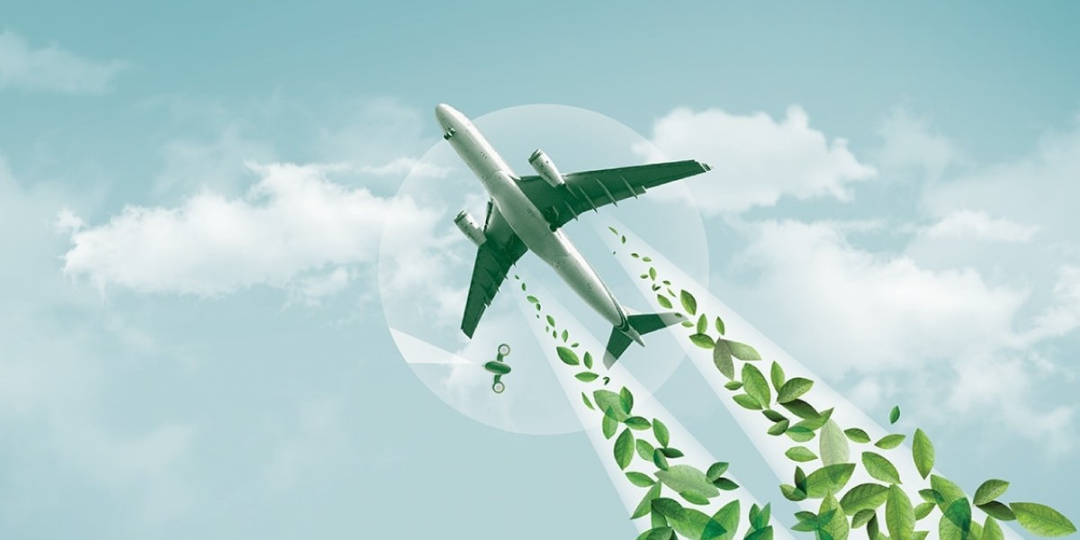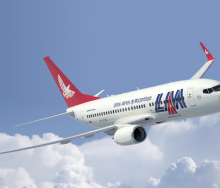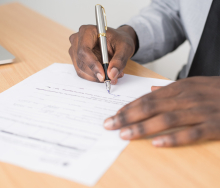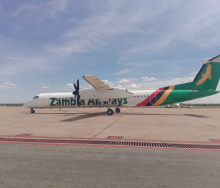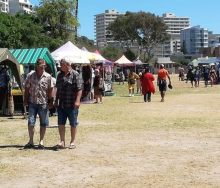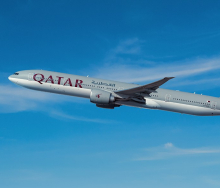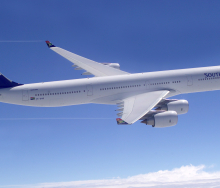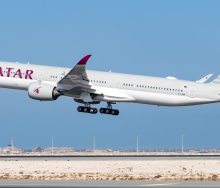The UK’s sustainable aviation fuel (SAF) mandate, requiring two percent of all flights departing the UK to be using SAF, came into effect on January 1 and is expected to hike prices for airlines and passengers.
The mandate obliges SAF suppliers to produce and provide two percent SAF for the total UK jet fuel demand for departing flights.
This target could present a challenge, given that there is only one SAF plant operating in the UK. UK Aviation Minister, Mike Kane, acknowledged that the remainder of the SAF would be imported from overseas.
SAF currently costs three to four times as much as jet fuel, but Kane suggested the costs likely to be passed on to consumers would be “reasonably insignificant”, reports travelweekly.co.uk.
Contrary to this, the UK government’s own impact assessment admits that the mandate may add up to £302,40 (R7 070) to the price of tickets for a family of four. The document, first reported on by the telegraph.co.uk, reveals that as much as 80% of the cost of the new levy may be passed on to passengers.
Airlines, including Virgin Atlantic, have raised the prospect of introducing a green levy to meet the new expense, while others such as Lufthansa have already introduced the levy in preparation for the mandate. Furthermore, the International Airlines Group, owner of British Airways, has already warned that the SAF mandate will lead to higher prices for passengers.
Willie Walsh, Iata Director General, has warned that the mandate has not and may not incentivise SAF production, as the UK government thought.
“There is a belief if you mandate SAF it will be produced, but that is not happening. The industry can’t do this on its own. Major fuel producers have pulled back on their commitments. We’re not seeing as much action on their part.”
He argued that the mandates could result in SAF suppliers being fined if sufficient SAF was not produced.
“They (SAF suppliers) will just pass the cost (of these fines) on to airlines and they inevitably pass it on to consumers,” said Walsh.
